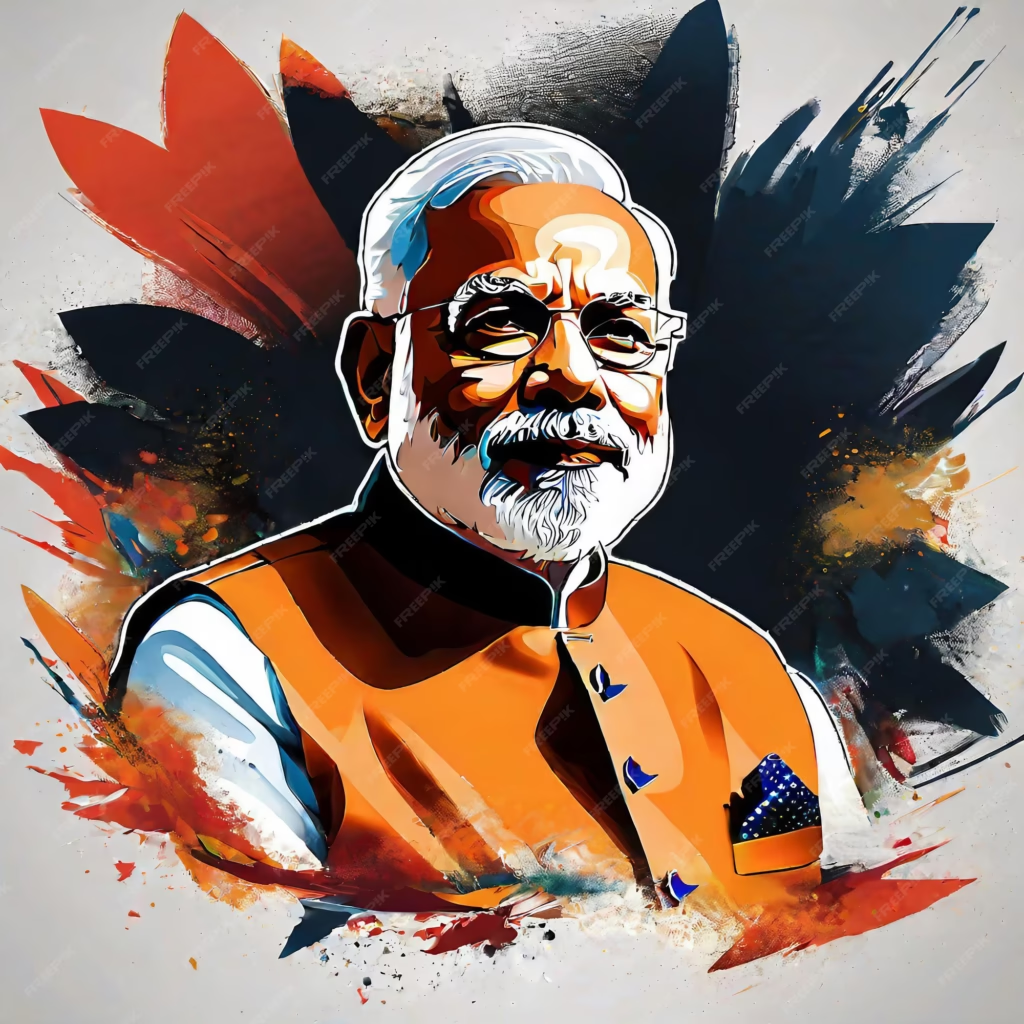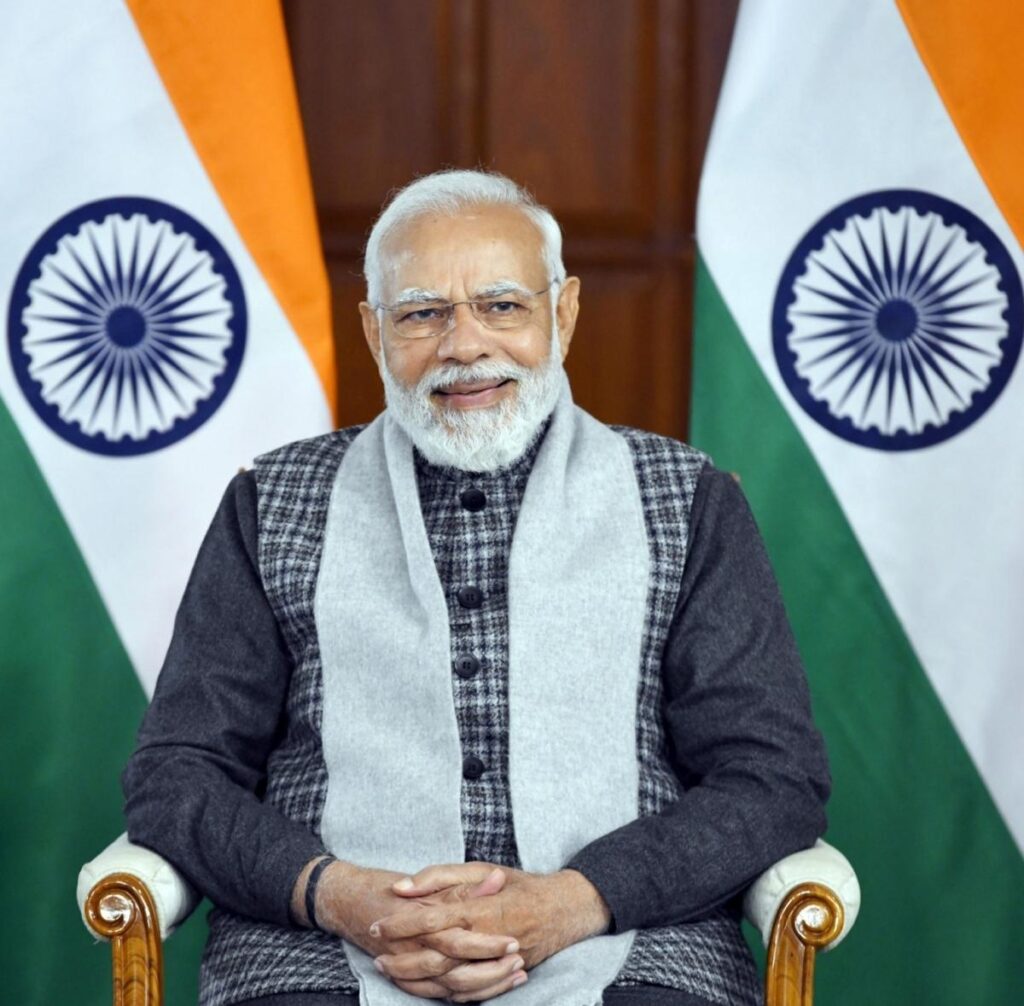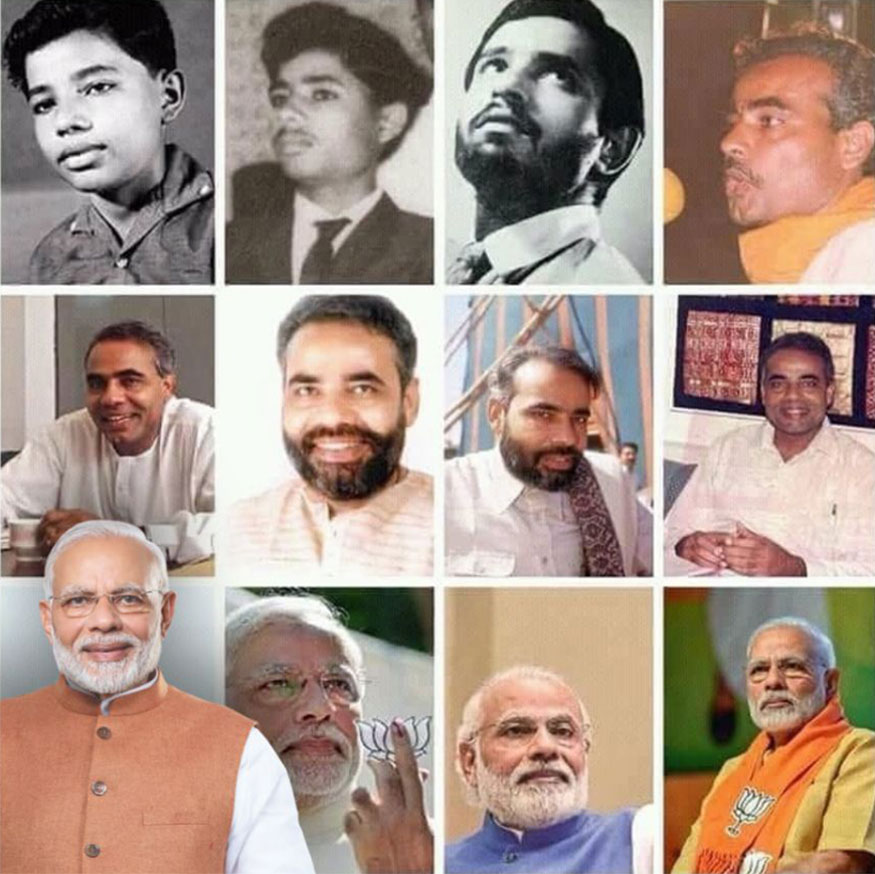
On a warm September morning, in a small town hospital, a group of young volunteers quietly line up to donate blood. Across the street, school children plant saplings in dusty grounds, their laughter mixing with the earthy fragrance of the monsoon.
In villages hundreds of miles away, women gather in community halls to learn about free healthcare schemes, while elderly men are helped to enrolls in pension benefits. These images, scattered across the nation, are not coincidental: they are part of a fortnight-long campaign known as Sewa Pakhwada, a collective push to remind India of the strength of service.
At its heart, Sewa Pakhwada is not just a program; it is a call to action. For 15 days, beginning every year around September 17, thousands of activities unfold across India: health camps, cleanliness drives, plantation efforts, awareness campaigns, and welfare enrollments.
Over the years, the Prime Minister’s birthday has been the occasion for several notable launches. In 2024, the ‘Subhadra’ scheme for women was introduced in Odisha. In 2023, the PM Vishwakarma Yojana was announced to support artisans. He also dedicated the ‘Yashobhumi’ convention centre in Delhi that year. In 2022, eight cheetahs were reintroduced to India at Kuno National Park. This year PM will be part of the inauguration of PM Mitra Textile Parks and the Sewa Pakhwada.

Sewa Pakhwada is a time when bureaucracy, volunteers, and ordinary citizens intersect in a shared pursuit of community good. The choice of dates inevitably draws attention to the Prime Minister’s birthday, but the narrative of service often extends far beyond the symbolism.
The idea is both simple and powerful: service should not be occasional charity but an everyday ethic. In a country where inequality continues to mark daily life, even small gestures, like ensuring a poor family gets access to Ayushman Bharat healthcare, or making a neighborhood cleaner carry weight.
The fortnight becomes a bridge between government schemes and the people they were designed to serve, particularly the poor, the differently abled, and those living in rural margins.
Supporters of the initiative underline its strengths. Sewa Pakhwada fosters public participation, encouraging citizens to step out of passive roles and actively engage in community life. It shines a spotlight on schemes that often remain buried in paperwork, making entitlements real for those who need them most.
The campaign also nurtures a sense of shared responsibility: when a youth group cleans a riverbank or plants trees, the act goes beyond symbolism: it becomes an investment in the future.
But the story is not without its critics. Many argue that tying the campaign so closely to the Prime Minister’s birthday risks politicizing service, making it appear more a show of loyalty than a pure act of public good.
Others point to its short-lived nature, questioning whether 15 days of heightened activity can truly alter structural issues of poverty, healthcare, or sanitation. There are also concerns that the energy sometimes flows more into visibility: cameras, banners, slogans: than into creating lasting change on the ground.
Yet, beyond these debates lies a truth that is harder to dismiss: Sewa Pakhwada has, in its own way, nudged millions towards thinking about service. For the differently abled child receiving an assistive device, for the villager who gets a free health check-up, for the city dweller inspired to join a cleanliness drive, the fortnight delivers tangible benefits.
And for India as a whole, it reinforces the idea that governance and volunteerism need not exist in separate worlds they can converge.
In a time when political divides often dominate headlines, Sewa Pakhwada carries a quiet reminder. Service, when stripped of fanfare, is not about party or power it is about dignity, compassion, and responsibility.
The campaign’s true test will lie not in its annual celebration, but in whether it can inspire a habit of service that outlives the fortnight, carried forward by citizens in their everyday choices.

As the saplings planted this September take root and the drops of donated blood save lives in unseen hospital wards, perhaps the real message of Sewa Pakhwada is this: a nation grows stronger not just through policies and politics, but through the countless small acts of kindness its people choose to weave into daily life.

